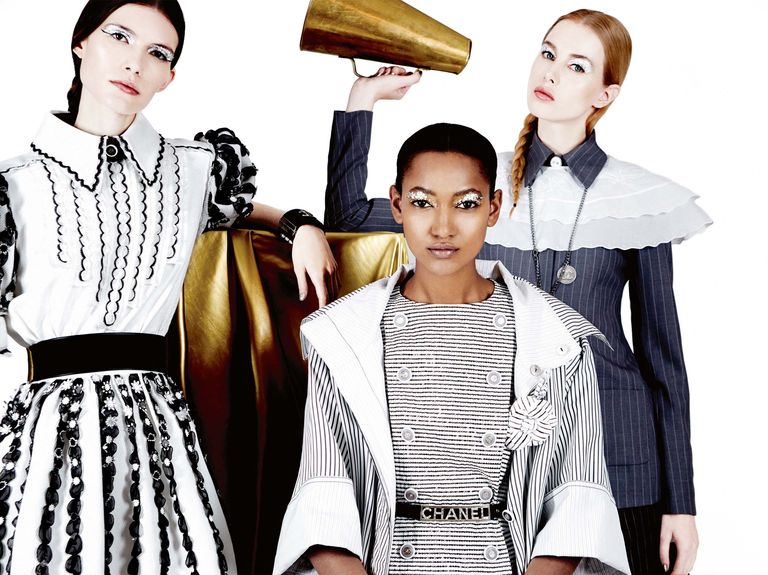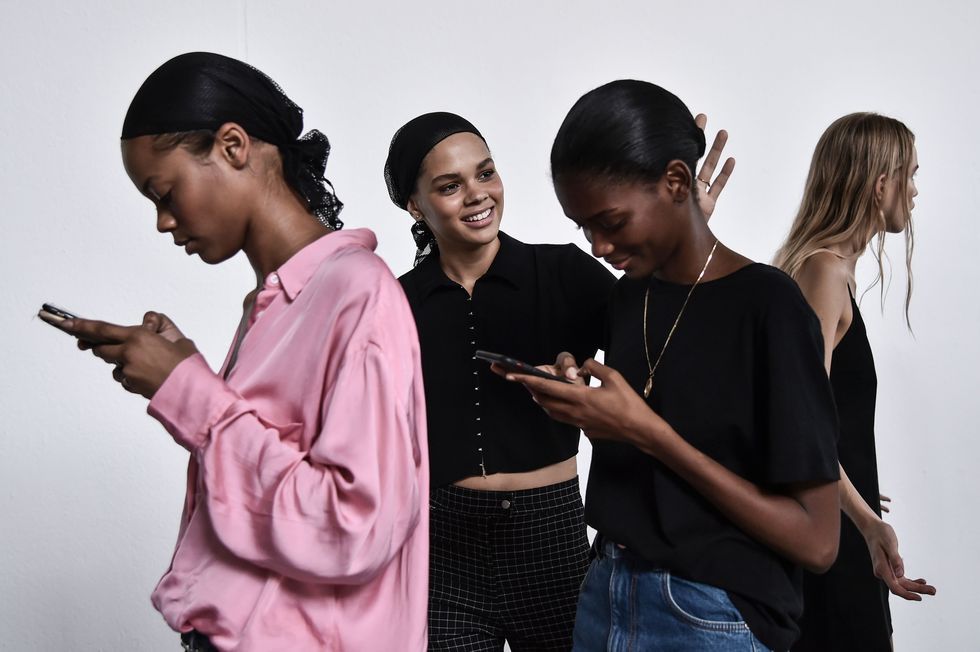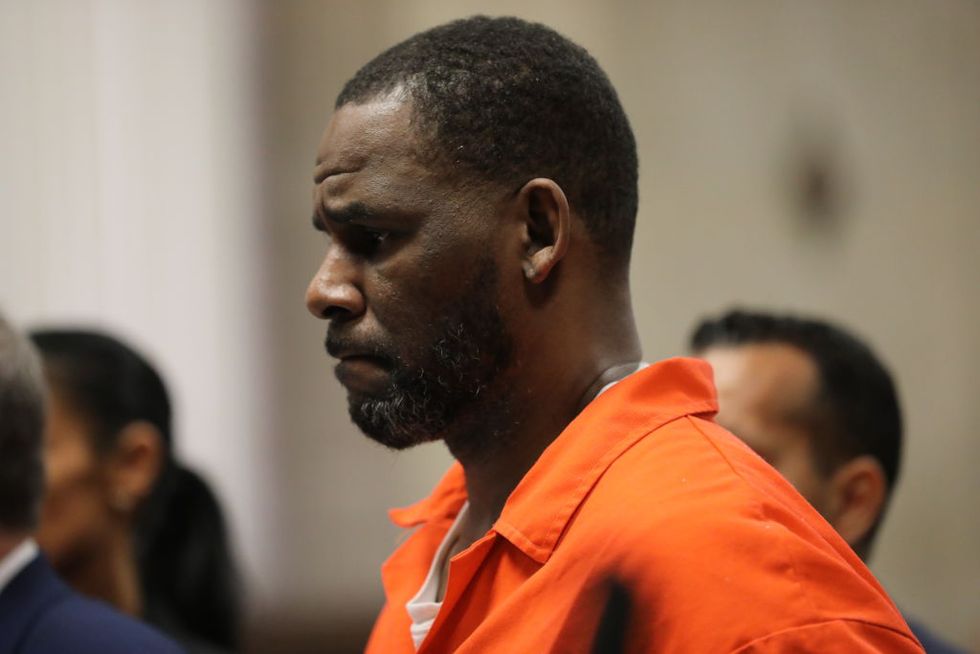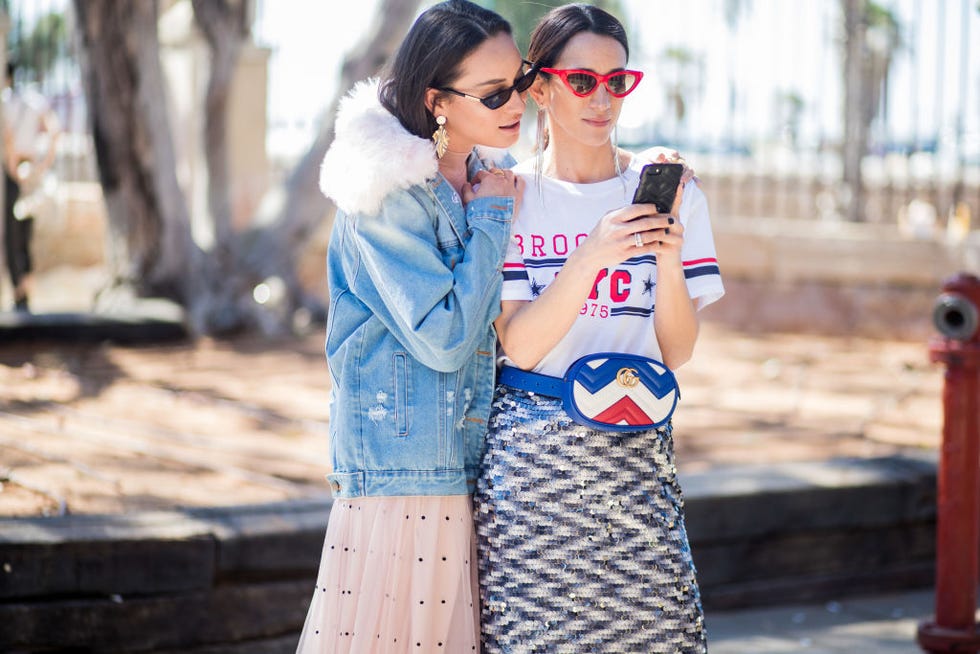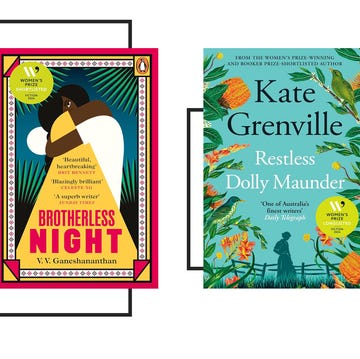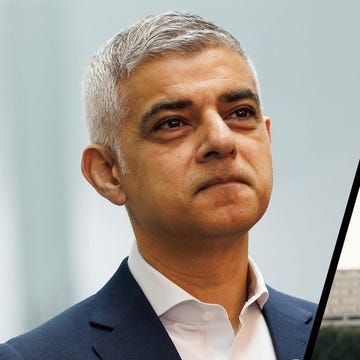Let’s begin with what cancel culture is and what it isn’t, because it has come to mean a great deal of different things to different people. To some, it poses a grave danger to free speech. To some, it is a new take on ‘political correctness gone mad’ and a method used by the intolerant left to enforce a puritanical censure.
To others, it’s just a way of saying that someone has done something they perceive to be offensive and therefore has lost their respect. It is not a new phenomenon – free speech has always had consequences, especially when that speech has the potential for harm. High-profile figures have been challenged and publicly criticised for apparent wrongdoings by the media for decades, celebrities who have acted in opposition with a company’s values have been dropped and politicians regularly pillory their opponents. Today, it can be viewed as a way of defending the weak against higher powers. Rightly or wrongly, cancel culture gives the marginalised an amplified voice and a way to challenge damaging narratives promoted by the status quo.
Its purest definition is the boycotting of a person or organisation because of an objectionable comment or act. It is the withdrawal of support, be it no longer watching films that the offending person has starred in or books that they have written. The cancellation is akin to voiding a contract, severing ties with someone or something that you might have previously been a fan of.
What it isn’t is call-out culture, which is highlighting a mistake, condemning it if it’s harmful and asking them to do better so that the individual doesn’t make the same error again. Both are linked to public shaming, and both have been used as a way of achieving social justice. Both have become extremely divisive over the past six months, reaching a crescendo last week over comments made by JK Rowling about the trans community. She, along with over 150 academics, writers and authors, penned a public letter condemning cancel culture (thought to be an escalation of call-out culture) on the basis that it threatens the right to free speech, “the lifeblood of a liberal society”, arguing that it promotes an “intolerance of opposing views [and] a vogue for public shaming and ostracism”. It’s a fascinating line to take – to argue that something endangers free speech by telling others that they don’t have the right to theirs.
The debate is rampant. Others argue that our right to free speech doesn’t make you entitled to hate speech. The trans activist Munroe Bergdorf says, “cancel culture is not the same as being held accountable for your actions”. The journalist and author Owen Jones argued on Twitter that “All too often, ‘cancel culture’ becomes a means for very rich and very powerful people to pretend they are victims when people respond to very controversial things they have used their huge public platform to say”. The situation has become heated indeed.
There are many pitfalls of cancel culture if we take it to mean boycotting a person and expunging them from society. “When does ‘cancelling’ cross over with bullying?” asks the psychologist, lecturer and author Dr Audrey Tang. “The number of Lea Michele’s co-workers who spoke up about her poor behaviour may have been making a point, which Lea Michele addressed, but I refer to the tragic suicide of Caroline Flack. What outcome do those calling for change actually want? Unfortunately, when we say anything, we simply do not know how others will react.”
“Psychologically, cancel culture carries echoes of Melanie Klein’s ‘Splitting Theory,’” says the psychotherapist Lucy Beresford. “This is where small children separate the world into good or bad, and can’t integrate or tolerate the two sides of someone or something. For example, when a parent stops them having ice-cream between meals, they are ‘all bad’ and the child will be furious, whereas when they kiss the child goodnight, they are now ‘all good’ and the child is content. As we grow up, ideally, we are able to hold in our hearts the idea that someone can have different views from us and still be a good or decent person. Cancel culture doesn’t allow for the same kind of nuance.”
One of the potential issues with cancel culture is how it taps into feelings of shame, which rarely helps or propels an individual to learn and make positive changes. Essentially, it renders cancel culture ineffective when it comes to social justice, which is its goal. The research professor Brené Brown, who has spent two decades studying vulnerability, shame and empathy, says that shame is rarely productive.
“We think that shaming is a great moral compass, that we can shame people into being better, but that’s not true,” says Brown in a recent episode of her Unlocking Us podcast. “Here’s a great example that comes up a lot when I’m talking about parenting. You have a kid who tells a lie, so you shame that child, and say, ‘You’re a liar.’ Shame corrodes the part of us that thinks that we can be different. If I’m a liar, if that’s who I am, how do I ever change? How do I ever make a different decision? This is versus ‘You’re a good person and you told a lie, and that behaviour is not OK in this family.’ Everyone needs a platform of self-worth from which to see change.”
Shame is different to guilt, which can prompt positive behaviour. “When we see people apologising, making amends and changing their behaviour, that is always around guilt,” says Brown. “Guilt, the whole ‘I am bad’, is not easy. It creates psychological pain, ‘I have done something that is inconsistent or incongruous with my values or who I want to be.’ When we apologise or make amends for something we’ve done and change our behaviour, guilt is the driving force. It’s a positive, socially adaptive experience.”
The activist and author Jenna Arnold, who was one of the key organisers of the history-making Washington Women’s March in March 2017, agrees that cancel culture is unproductive on the basis that the shame associated with being wrong deters people from moving forward. “It doesn’t leave space for redemption, and while this isn’t an opportunity to pardon those who have caused harm, it is worth the exercise of watching the very important role humility and responsibility can and need to take in a world that is trying to right its way.”
The idea of pushing someone out - because they have said or done something perceived to be offensive - leaves no room for growth or learning. Matt Haig describes cancel culture as “anti-progress because it is anti-change”. “Cancelling people pushes them away and makes them more likely to find spaces where bad views are the norm,” he says. “Obviously, if someone has been convicted of, say, violence or sexual assault then they need to be punished, but cancel culture isn’t that. Cancel culture, as I see it, involves the shutting down of different perspectives and treating people like mere disposable artefacts in the cultural economy.”
If the purpose of cancel culture is a method to achieve justice for marginalised groups or people, then its influence isn’t as great as we’ve been led to believe. Of individuals who have been ‘cancelled’ over recent years, many are still working and enjoying relative success. Many have not seen long-term boycotts – R Kelly still makes music, Woody Allen still shoots films and Louis CK still performs.
The problem with cancel culture is that it has become too broad, and near meaningless. R Kelly was cancelled over decades of sexual-assault allegations, yet so too was Jodie Comer for dating a Republican. There is no proportion. It is used in so many different contexts, both heavy and light, that it oversimplifies, and loses its weight because it allows those who have engaged in dangerous and/or harmful rhetoric and behaviour to ride on the backlash.
“When something becomes ‘fashionable’ it can lose meaning,” says Dr Tang. “For example, when the debate around Dominic Cummings’ lockdown behaviour was a social-media trend, the calls were to resign, but why not a hefty fine? Why not a suspension? In the workplace ‘you’re fired’ is not the only option. We should not allow the complexity of the human brain to be reduced to a hashtag.”
In the eyes of cancel culture, people are reduced to good or bad with no room for anything in-between. “The process is like air-brushing someone or something out,” says Beresford, “It doesn’t allow for the possibility that two sides could ever agree, or learn from each other, or could persuade each other of their arguments – or even agree to disagree.”
That’s not to say that individuals should not be held accountable when they air a questionable view or do something wrong. Call-out culture is just that, the idea that we can challenge someone’s opinion or action without deleting them, therefore leaving them with room to grow and learn. “Being called out has made me a better person,” said Jameela Jamil on Instagram. “Not being cancelled has enabled me to be accountable, learn from my mistakes, and go on to share those lessons with others and do good with my privilege. Most of us have the potential to do that.”
When we decide to call someone out, we must resist a combative approach if we want to have the best chance of helping that person see the issues with what they may said or done. Most of us respond to criticism with defensiveness. Dr Tang says the best results come from talking to someone privately and also to challenge without accusation.
“Ask a question first to generate explanation. For example, ‘When you said x what did you mean by that?’” advises Dr Tang. “It doesn’t have to be nasty, nor humiliating. In fact, the more diplomatic you are, the more likely you are to effect a change of mind and that is after all, what you want. A subtle private message to see if they acted in error is more likely to influence than having a go. The latter only results in defensiveness that neither party wants fundamentally. The debate often turns on wanting to win rather than any form of learning.”
Jenna Arnold says we must use forms of restorative justice that don’t make people feel threatened and therefore less likely to want to change. She wants to evolve our concept of call-out culture, instead arguing for ‘call-in culture’.
“My aim is to provide practical tools to use as we start listening with open hearts to others and inviting them to listen to us in the same manner — as, instead of calling people out, we start calling them in,” she says. “We must put aside the urge to win — or maybe just redefine what winning means. We’re not stirring the pot with the goal of a neat resolution or a concrete answer; rather, we want to start uncomfortable conversations for the sake of urgently needed exploration. This can be hard to fully internalise. Yet this hard work is the most essential antidote to the polarisation widening the rifts in society and within ourselves."
By calling each other in, rather than out, when it comes to debate, we take into account the fundamental human desire for acceptance and to be part of a collective.
“Human beings yearn for community,” she says. “We are longing to belong to something bigger than ourselves. Inviting people into the conversation — calling each other ‘in’ versus calling each other ‘out’ — is key to our survival. But that doesn’t only need to happen in the wake of an awkward statement, bumper sticker or post-election conversation. We need to share ideas and seek out the perspectives of others in our communities, throughout our lives. We’re no longer allowed to go back to sleep, no matter who is in the White House or how fair the world suddenly becomes. Being a citizen is active, hard, constant work.”
We live in a society where it’s easier than ever to have our voices heard – social media was designed for it. What we must do now is listen, regardless of which side we fall on. The free-speech argument is two-fold – progress will not be achieved through silencing either party, whether that’s ‘cancelling’ someone, or by dismissing one’s right to criticise. Being told you’re wrong is not the same as being deleted. It’s time to listen, process and move forward.
Sign up to our free weekly newsletter for more from Harper's Bazaar, straight to your inbox.
